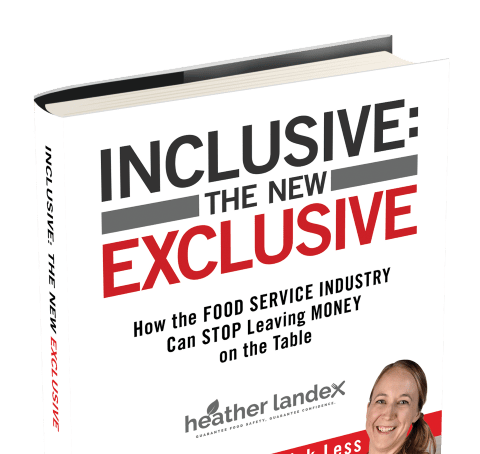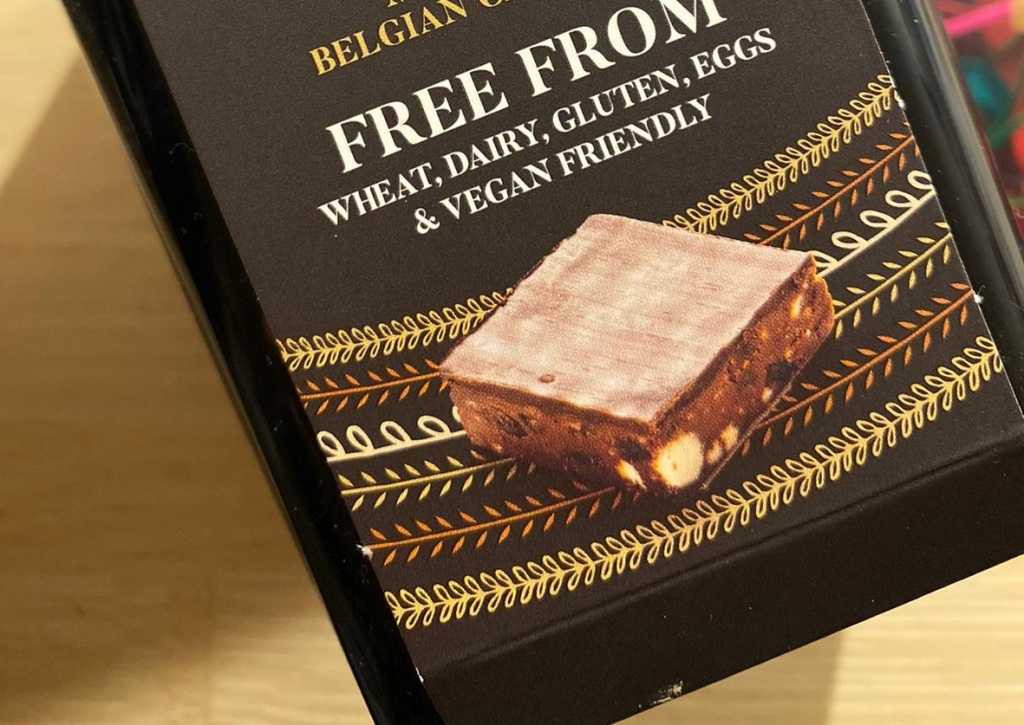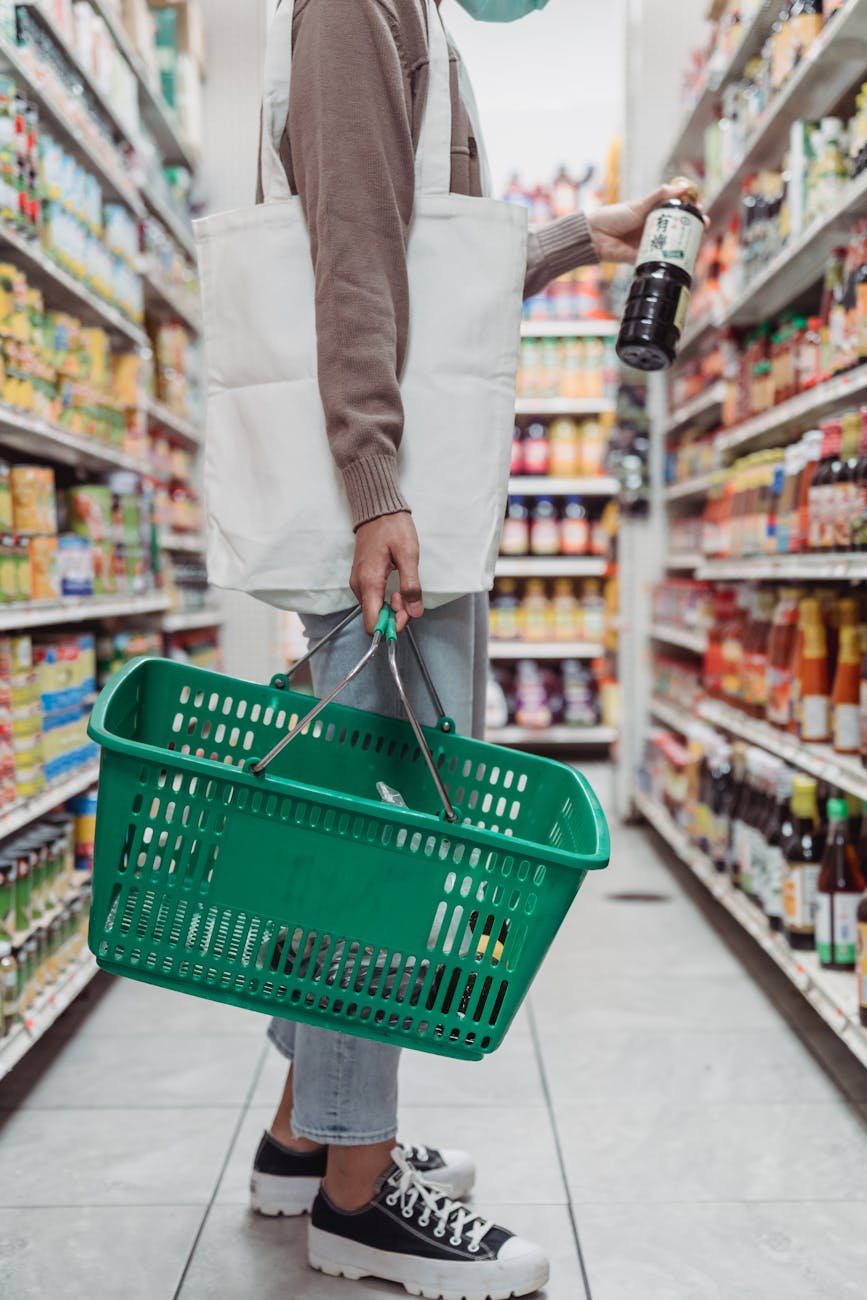Everyone needs to pay more attention to food allergies, not just restaurants and hotels. Schools and hospitals, workplaces, and universities -especially businesses with vegan or plant-based products on the menu.
The British Dietetic Association states: “It is estimated that between 1 to 10% of adults and children have a food hypersensitivity. However, as much as 20% of the population experience some reactions to foods which make them believe they do have a food hypersensitivity.”
Purely vegan or plant-based businesses need to be extra alert to avoid the assumption from their allergic customers that they are contamination-free (e.g., free from milk). They then can market to these niche markets competently and compliantly.
Food allergies
Milk is the most common food allergen in the UK and causes the highest number of fatalities.
Vegan and Plant-based foods are a danger when the customer assumes they are free from or at the very least unlikely to contain milk.
Further complications are caused by big fast-food chains, which use various interpretations of the word ‘plant-based’, sometimes used to mean a substitution of meat for meat alternative.
They serve their popular meat-free burgers with mayonnaise, and cheese, cooked on the same grill as meat!
Therefore, they are not suitable for vegetarians or vegans (or those with other dietary preferences which avoid meat/milk/egg products).
Consumers might be innocently unaware of dangers posed by plant-based and vegan food, particularly in mainstream restaurants and takeaways.
Heather landex food safety expert
Free-from confusion
In the UK, the new Natasha’s Law will be in force on 1st October 2021.
It will require full ingredients and allergen information to be available on the label of pre-packed foods, including those made in-house and served by takeaways and other food establishments.
However, what ‘pre-packed’ actually means can be a bit confusing.
There has been one more recent media storm around a near-death sesame allergy incident at a well-known food franchise.
And the tragic death of a young woman in a Kosher Meat Restaurant in Israel (where milk is forbidden).
Of course, these are accidents but is the cause a simple yet chronic lack of awareness?
The lack of legal thresholds for contamination, both for food allergens and animal products, is a ticking time bomb in vegan and plant-based food.
Missing opportunities
Vegan and plant-based products or food service businesses that have the huge advantage of not worrying about cross-contamination in their kitchens are not aware of their unique selling point.
The voluntary warning ‘may contain’ was intended to protect allergic consumers from harm. Instead, it is used to exclude them as it passes liability along the food chain, eventually to the consumer.
Heather Landex, food safety expert
‘May contain’ also is a warning used to exclude other consumer groups such as those with intolerances.
There is no quantified risk associated with ‘may contain’, and the use of ‘may contain’ is voluntary.
A person avoiding milk might not realise how safe they ‘should’ be while eating, e.g. at a vegan restaurant.
A vegan business owner might not have considered people with intolerances or allergies as a large proportion of their customer base.
Food businesses carry enormous liability, and the legislation is complex, with many grey areas and loopholes.
Anyone who isn’t vegan or doesn’t have a food allergy or intolerance might overlook the risk or underestimate the size of the market.
Food businesses are missing the opportunity to thrive by knowing their customer well and communicating in a way that encourages customer confidence.
Managing food allergies is a must in a world where there is an ‘allergy epidemic’, ‘plant-based revolution’, and ‘rise in veganism’.
Heather Landex, food safety expert
It is a bit like calling a vegan product ‘cruelty-free’, no one asks for added cruelty, even people who eat meat!
‘Contamination free’, is similar; no one asks for something extra hidden in their food that they didn’t expect.
There is an added complication: vegan logos and free-from logos are not popular with typical eaters.
Perhaps they think “It’s not for me,” or maybe they believe something has been taken out or there is a risk it doesn’t taste good or familiar.
A ‘suitable for’ label would be helpful but is also not compulsory.
Serving people who are typically excluded or poorly treated (including those wishing to avoid gluten) also leads to free marketing, organic growth, and customer loyalty.
About Heather Landex, Food Safety Expert
Heather Landex is a food safety expert, and vegan, and with her own experience of allergy attack, she has unique insight.
She works mostly with hotels and restaurants, checking their compliance, brand standards, and practices across several countries. She has a win-win scenario for businesses and consumers.
Other niche markets also interested in vegan food are of interest for vegan businesses (or plant-based businesses).
For example, those looking for food without milk (free-from or without ‘traces’/’may contain’ on ingredients labels).

Heather’s book “Inclusive: The New Exclusive. How The Food Service Industry Can Stop Leaving Money On The Table“
Heather’s book contains over 50 expert contributors and enjoys the support of marketing, allergy, safety, nutrition, and hospitality experts, among others.
The book is a fantastic educational tool for any business or individual involved with food service.
It promotes safety, inclusivity, sustainability, and customer service and the competitive edge those qualities bring to any business.







You must be logged in to post a comment.